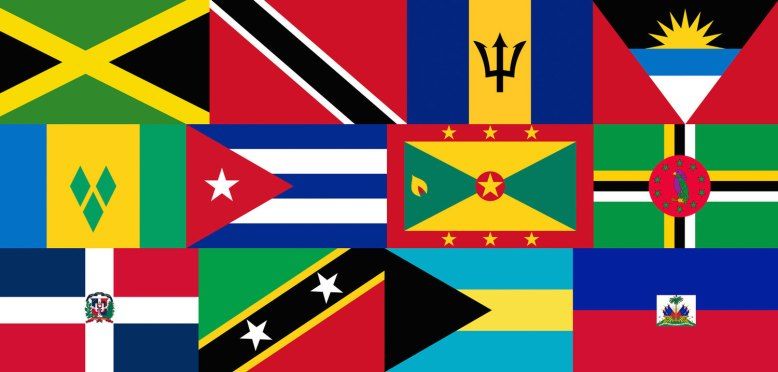
U.S. more engaged with Caribbean in living memory

Four months ago, several American military generals had complained to Congress about China’s growing diplomatic and economic march into the Caribbean and South America, warning the power players in Washington to pay greater attention to its own backyard and soft underbelly.
The generals had pointed to the billions China is prepared to spend to win friends and influence people in the Americas as they urged the U.S. to counter China’s well structured and determined march into the Americas.
“We’ve got to pay more attention to this region. The proximity matters. They are on the 20-yard line of our homeland. We are in a neighborhood, these are our neighbors, and we have got to pay attention to them,” U.S. Southern Commander General Laura Richardson told lawmakers at a session back in March. “The People’s Republic of China has the capability and intent to eschew international norms, advance its brand of authoritarianism, and amass power and influence at the expense of these democracies. The PRC has expanded its ability to extract resources, establish ports, manipulate governments through predatory investment practices, and build potential dual-use space facilities, the most space facilities in any combatant command region.”
But even though the U.S. has not been making much noise about waking up to China’s ambitions in the hemisphere, its string of recent high-level engagements with the Caribbean, the 15-nation single trading block known as Caricom, has won praise from the grouping. Leaders say that it appears that the region is finally getting the type of attention it needs from the superpower to the north.
“We are at the moment engaged with the U.S. in a way we have not before. That is the first hurdle we had to cross,” said Trinidadian Prime Minister Keith Rowley as he hosted leaders to a summit marking 50 years as an integration movement last week.
The region had in recent decades complained about the neglect of the Caribbean as Washington had placed greater focus on the Middle East and Asia and Afghanistan. In recent months, Vice President Kamla Harris has swung through the region, holding meetings with a slew of Caribbean heads of government in The Bahamas as recently as last month, just weeks before the regional presidents and prime ministers held their own summit in Trinidad. Additionally, Secretary of State Anthony Blinken returned to Washington just last Thursday after attending the Caricom summit in Trinidad and flying to neighboring Guyana for a five-hour visit to the world’s newest oil producer and exporter and soon-to-be the country with the highest per capita producer in the world in less than a decade. Attending the summit as well were Minority House Leader Hakeen Jeffries and a number of U.S. congressmen, a development several leaders noted is proof that that the U.S. is indeed paying greater attention to the Caribbean.
But an interesting point was made regarding China’s march on the Americas, the Caribbean in particular. Guyana’s President Irfaan Ali made it clear that the country had found it hard to attract U.S. business interest in recent decades but this is changing now even while a number of Chinese companies bid for any and almost every major project the government puts out to tender.
“We are a partner with many countries, and China is one of our development partners. China has a huge footprint globally, and China––the Chinese company are very aggressive in the way they do business. They go after opportunity, and that aggression is now being replicated by investors from different parts of the world here in Guyana. I said before publicly that the aggression from the U.S. private sector was not there in terms of going after the opportunities, but as a result of the strong bilateral relationship over the last two years and setting that tone and creating that policy environment and building that trust, we have seen a complete change from the U.S. private sector. And this is as a result of both countries at the policy level saying to the private sector, saying to the investors: There is the opportunity; we are welcoming that opportunity. And that has created a positive shift. More and more investment is coming from the U.S,” Ali said, sharing a press conference with Secretary Blinken.
He also noted that EximBank of the U.S. is providing US$2 billion in financing for projects in Guyana, as he announced that U.S. foreign direct investment in Guyana now stands at $4.2 billion. “This is the highest in history. And if you look at the investment from different countries, this is the highest investment over the last two years,” he said as Blinken looked on.
The post U.S. more engaged with Caribbean in living memory appeared first on New York Amsterdam News.